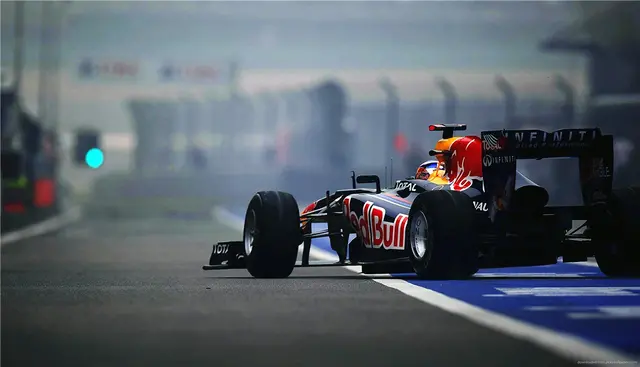When the human race has adapted sufficiently to the coming climate-change chaos to begin writing history books again – assuming anyone makes it that far – the authors may be shocked that past generations took part in motorsports.
As we now view the idea of forcing slaves to fight to the death, so they might recognise the callousness of burning fossil fuels and emitting CO2 in large amounts simply for the dumb fun of it.
“Motor racing and the like may have used only a fraction of the fuel that was spent on transportation,” a future academic may write. “But the symbolism was unbelievably crass.
“The cataclysm that we are now all horribly familiar with was starting to unfold but still they insisted on racing every conceivable vehicle along roads and around tracks, over water courses and through the air, even across whole continents. As well as the racing itself, a great deal of fuel was expended on carting vehicles vast distances to compete in what were called ‘grands prix’.
“Primarily pursuits of the rich, commoners lapped up motorsports as spectators. If they couldn’t afford to attend in person, they watched the action unfold on screens that, if our very incomplete records are correct, were called ‘idiot boxes’.”
If Hong Kong is remembered at all, it might emerge with a smidgen of respect: “Despite regular calls for motorsports to be staged in the fourth-tier Chinese city, the authorities never allowed powerboat races in its harbour or light aircraft to chase one another across its skies, although, in 2016, they did permit a street race between electric cars – which were never as ‘green’ as promised.”
What language that academic will be writing in, of course, is another matter.
(SOUTH CHINA MORNING POST)
 简体中文
简体中文



